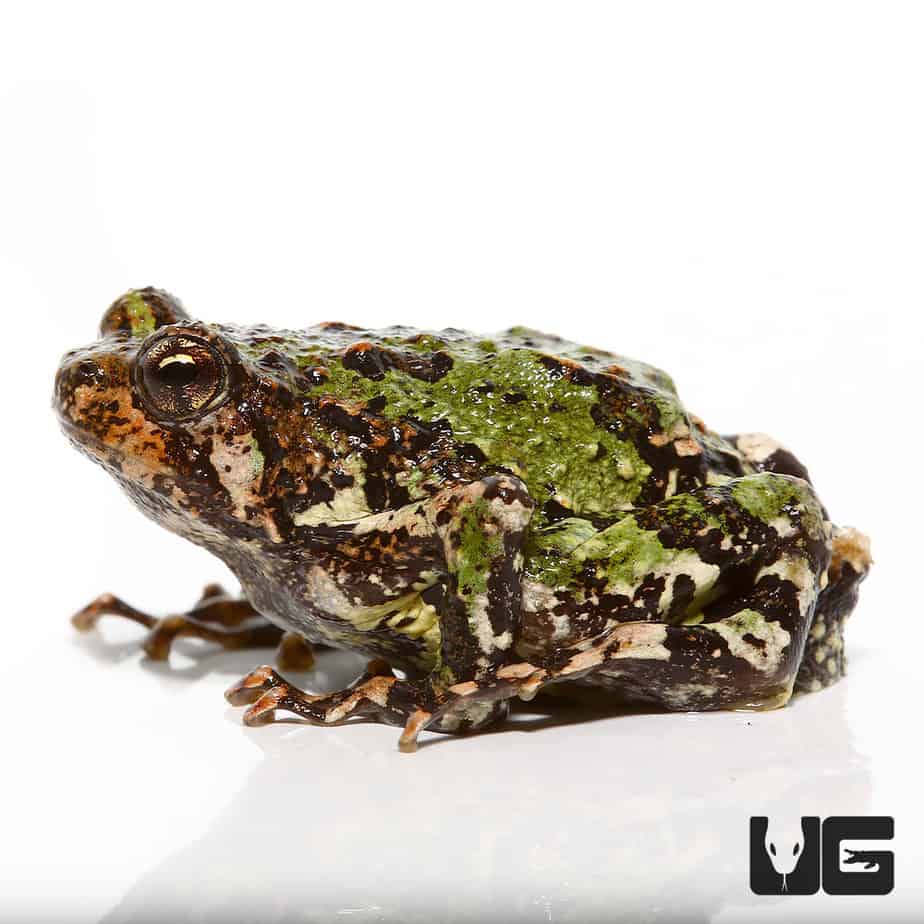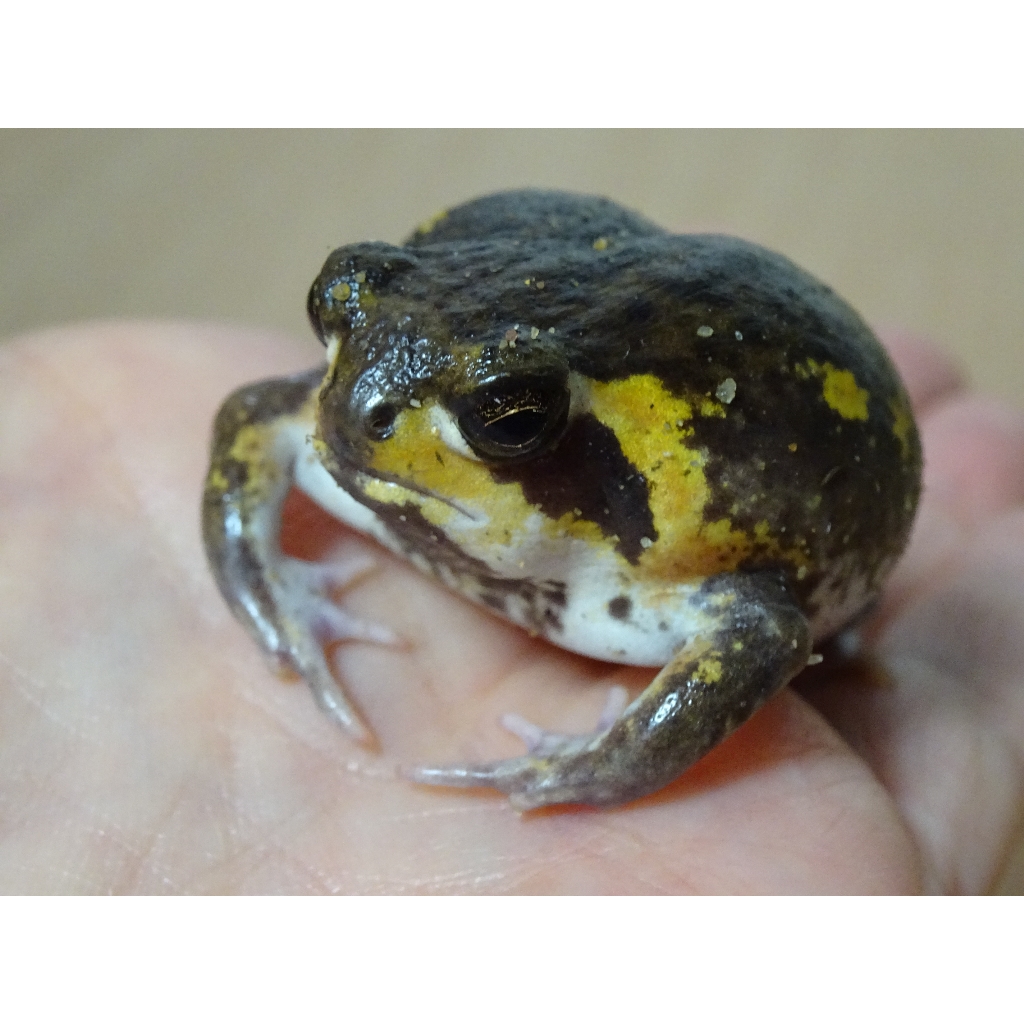Common Health And Wellness Issues in Reptiles: Signs and Solutions
In the elaborate globe of reptile care, comprehending the common health concerns that may impact these unique creatures is critical in guaranteeing their well-being. Whether it's grappling with parasitic invasions, navigating dehydration issues, or addressing skin conditions that show up in subtle means, being attuned to the symptoms and furnished with the knowledge of efficient solutions is vital for any kind of reptile owner.
Respiratory System Infections
Respiratory infections in reptiles can significantly influence their total wellness and need prompt focus from seasoned veterinarians. In reptiles, respiratory infections can be particularly testing to identify and treat due to their unique makeup and physiology.
Therapy for respiratory infections in reptiles generally involves a mix of helpful treatment, such as keeping appropriate humidity levels and temperature slopes in the room, along with targeted drug to attend to the specific virus responsible for the infection. It is essential for reptile proprietors to monitor their pet dogs carefully for any kind of indications of respiratory distress and seek vet care at the earliest indicator of a problem. With prompt intervention and proper treatment, lots of reptiles can recover completely from respiratory infections and return to normal activities.

Metabolic Bone Illness
What aspects contribute to the growth of Metabolic Bone Condition in reptiles?
Metabolic Bone Disease (MBD) in reptiles is primarily triggered by an absence of appropriate calcium, phosphorus, and vitamin D3 levels in their diet. Additionally, inadequate exposure to UVB light prevents reptiles from manufacturing vitamin D3, which is critical for calcium absorption and bone wellness.
Not enough humidity degrees can additionally affect a reptile's capacity to metabolize calcium efficiently. Normal veterinary exams, proper husbandry techniques, and a well balanced diet regimen are vital to prevent Metabolic Bone Condition in reptiles.
Parasitic Invasions
Parasitical invasions posture a substantial health and wellness threat to reptiles, affecting their general health and calling for punctual vet attention. Reptiles can be impacted by numerous parasites, including mites, ticks, interior worms, and protozoa. These bloodsuckers can cause a series of signs and symptoms, such as weight-loss, sleepiness, skin irritability, diarrhea, and even death if left without treatment.
One usual parasite found in reptiles is the mite, which can trigger skin stress and anxiety, anemia, and irritation. Ticks are another external bloodsucker that can cause and transmit diseases pain to the reptile. Internal bloodsuckers like worms and protozoa can bring about digestive issues, lack of nutrition, and weaken the reptile's immune system.
To diagnose a parasitical problem, a vet might do fecal examinations, skin scrapings, or blood tests. Treatment typically includes deworming medications, antiparasitic baths, or in extreme instances, a hospital stay. Preventative measures such as routine veterinary check-ups, proper health, and quarantine treatments for new reptiles can help minimize the threat of parasitical infestations and guarantee the well-being of reptile pets.
Dehydration and Hydration Issues
Dehydration in reptiles can significantly influence their wellness and wellness, necessitating prompt treatment and suitable hydration management. Reptiles are vulnerable to dehydration because of various variables such as insufficient water intake, high ecological temperatures, and certain wellness conditions. Signs and symptoms of dehydration in reptiles consist of sunken eyes, lethargy, loss of skin flexibility, and reduced peeing. Dehydration can lead to severe health concerns and even be deadly to the reptile - rain frog for sale. if left without treatment.
To stop dehydration, you could look here reptile owners ought to make sure that their pets have access to tidy water at all times. The water meal need to be large enough for the reptile to take in if required, especially for types that take in water via their skin. Additionally, preserving appropriate moisture degrees in the reptile's enclosure and offering routine bathrooms can aid prevent dehydration.
In cases of dehydration, it is vital to look for vet care promptly. A veterinarian may provide liquids either by mouth or via shots to rehydrate the reptile. It is important to attend to the underlying root cause of dehydration to protect against recurrence and guarantee the reptile's general wellness.
Skin Conditions

Conclusion

Breathing infections in reptiles can dramatically affect their total health and wellness and call for prompt focus from experienced vets (rain frog for sale). Preventative measures such as routine vet check-ups, appropriate health, and quarantine procedures for brand-new reptiles can aid reduce the threat of parasitical invasions and make certain the well-being of reptile family pets
If left untreated, dehydration can lead to major health and wellness concerns and even be fatal to the reptile.
Consistently examining your reptile for any kind of changes in skin look, appearance, or shade can help in very early discovery and therapy of skin disorders, promoting the overall health and wellness and wellness of your flaky friend. - rain frog for sale
In verdict, reptiles are vulnerable to various health issues such as breathing infections, metabolic click for more bone illness, parasitical invasions, dehydration, and skin disorders.